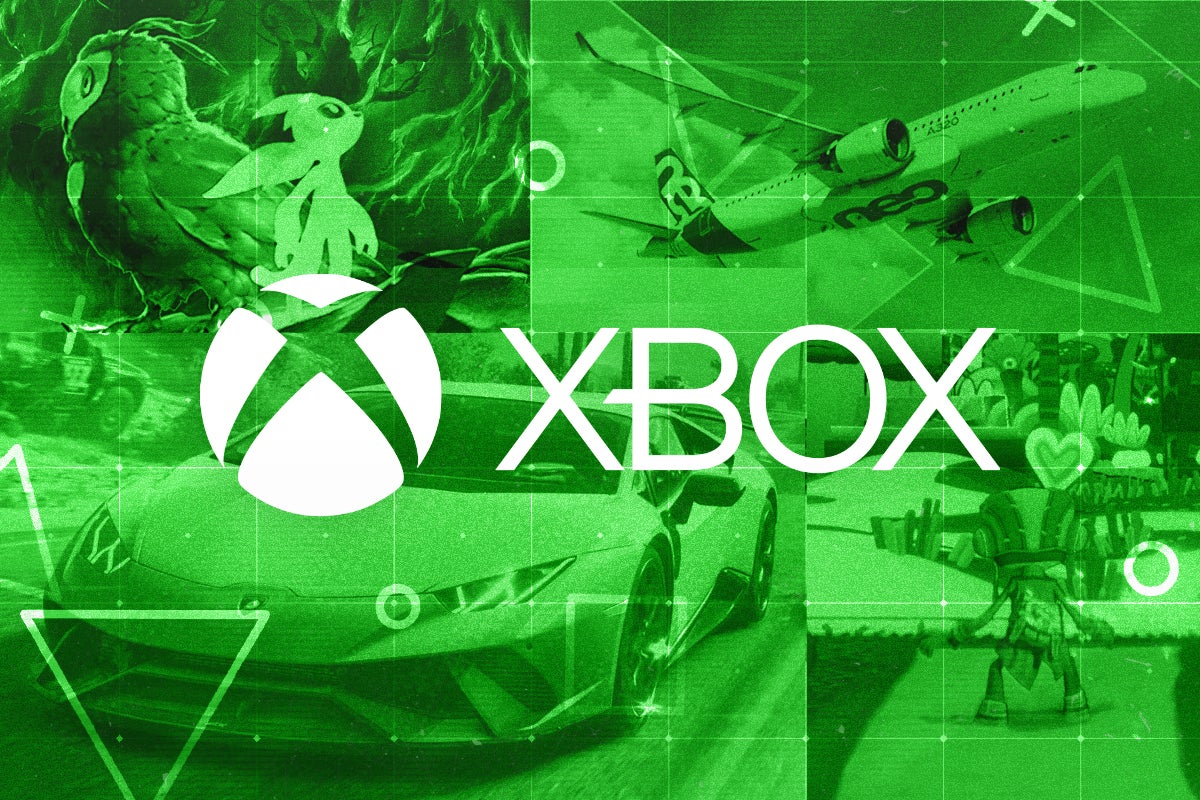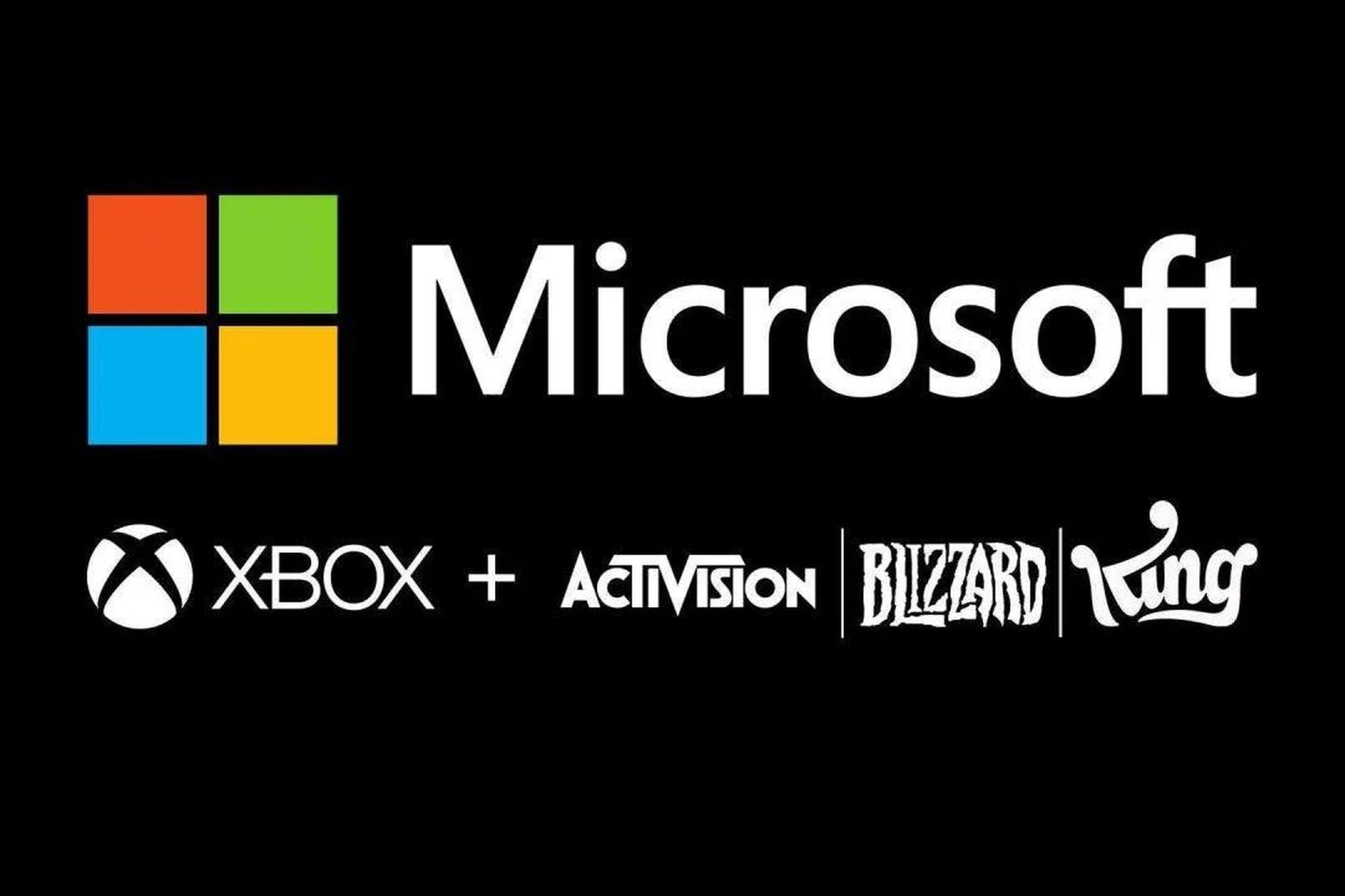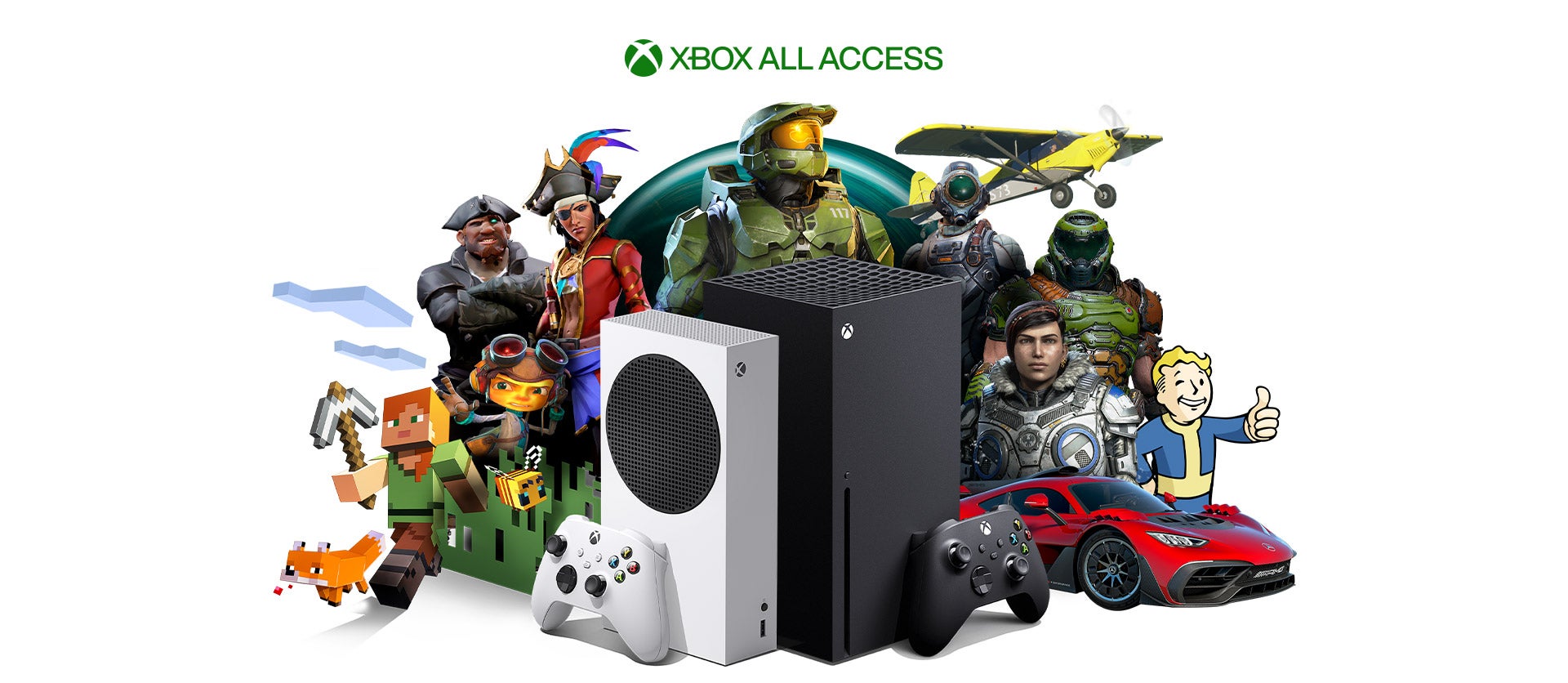Microsoft and Activision’s mega CMA sulk is insulting to Brits and Britain

OPINION: Microsoft and Activision have spat the dummy out over the CMA’s rejection of the former’s acquisition of the latter. The response is an insult to gamers and the UK.
The United Kingdom government has made a rather rare decision to stand up to major corporations. I know! I’m as startled as you probably are, given my homeland’s governing party wins elections and referendums on “cutting red tape” (a code phrase if there ever was one) wherever it dares to appear.
However, as my colleague Ryan Jones pointed out in an opinion piece on Wednesday, the decision is the correct one. Cloud gaming is still in its infancy and Microsoft’s control of a large portion of the necessary infrastructure and the intellectual property could indeed harm competition in the future.
One only has to take a little trip down memory lane into the early history of personal computing to understand why the CMA might be a little sceptical of Microsoft’s assurances this accord will be “good for competition” in the cloud gaming scene.
Bill Gates puts a friendly philanthropic face on his endeavours these days, but it doesn’t erase the fact that Microsoft, under his leadership, was found to have violated antitrust laws (United States v. Microsoft Corp.) over attempts to create a “predatory monopoly,” to maintain Windows’ dominance as the software PC users were bound to, at the expense of other companies in the space.
Microsoft fought this battle aggressively throughout the mid-to-late 90s. It may be more than two decades on, and under entirely different leadership, but mud sticks and sympathy is in short supply.
With that in mind, it was no surprise then to hear Microsoft’s (and Activision’s) crybaby response to the news that the Competition and Markets Authority in the UK had blocked its efforts to consume Activision Blizzard, after already devouring Bethesda.
Both companies managed to be extremely patronising to the CMA itself, deeply insulting about the nation they’re trying to get this through in and even insulting to British gamers they claim to represent.
Listen to this from Activision spokesman Joe Christinat (via The Wrap): “The report’s conclusions are a disservice to UK citizens, who face increasingly dire economic prospects. We will reassess our growth plans for the UK. Global innovators large and small will take note that – despite all its rhetoric – the UK is clearly closed for business.”
The implication that us poor Brits – probably in Christinat’s eyes still gaming on black and white CRT televisions in our Dickensian slums – are going to be further impoverished by a hiccup over which major international conglomerate owns Candy Crush is deeply insulting to say the least.
Please Joe, can we have some more (cloud gaming)?
This is the same Activision Blizzard that a United States’ National Labor Relations Board investigation found merit in complaints by the Communications Workers of America union (CWA) alleging the company had illegally surveilled workers during a walk out to protest the lack of gender equality at the company, and engaged in union busting by clamping down on internal chat channels “because employees are discussing wages, hours, and working conditions”.
But, you know, thanks for your concern about us destitute Brits who now face the bleak future in the cloud gaming realm.
Toys out of the pram
Microsoft was also bullish about what this decision does to affect the future economic prospects of an entire nation. President Brad Smith says the decision to say ‘no’ to the deal discourages investment and innovation in the UK.
Smith writes: “The CMA’s decision rejects a pragmatic path to address competition concerns and discourages technology innovation and investment in the United Kingdom… We’re especially disappointed that after lengthy deliberations, this decision appears to reflect a flawed understanding of this market and the way the relevant cloud technology actually works.”
Tell me, Bradford old son… what is really more attractive to a major investor? An emerging market where there is a clear and undisputed dominant force right out of the gate that’ll set the rules of engagement and the ceiling moving forward? Or a level playing field where potential start-ups, developers, investors can see potential for future growth that isn’t immediately up against a monolith capping its ability to flourish?
The former sounds a lot like trying to go up against Microsoft’s Windows in the 1990s. You know, those guys once described as a “predatory monopoly,” in previous anti-trust lawsuits, in a nation that is to unbridled capitalism what Jesus Christ is to Christianity.
Microsoft and Activision Blizzard can throw their toys out of the pram with as much rigour as they wish. There are, thankfully, still checks and balances on these incredibly powerful and large corporations and I’m glad that, for once, the UK has taken a stand.





